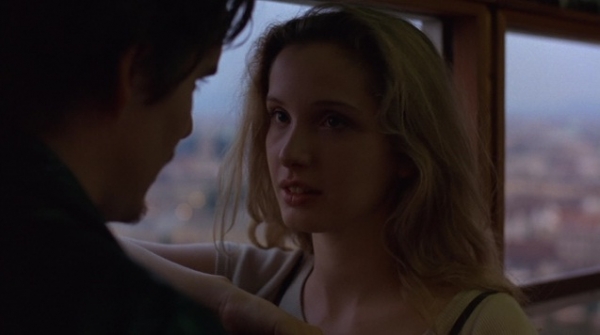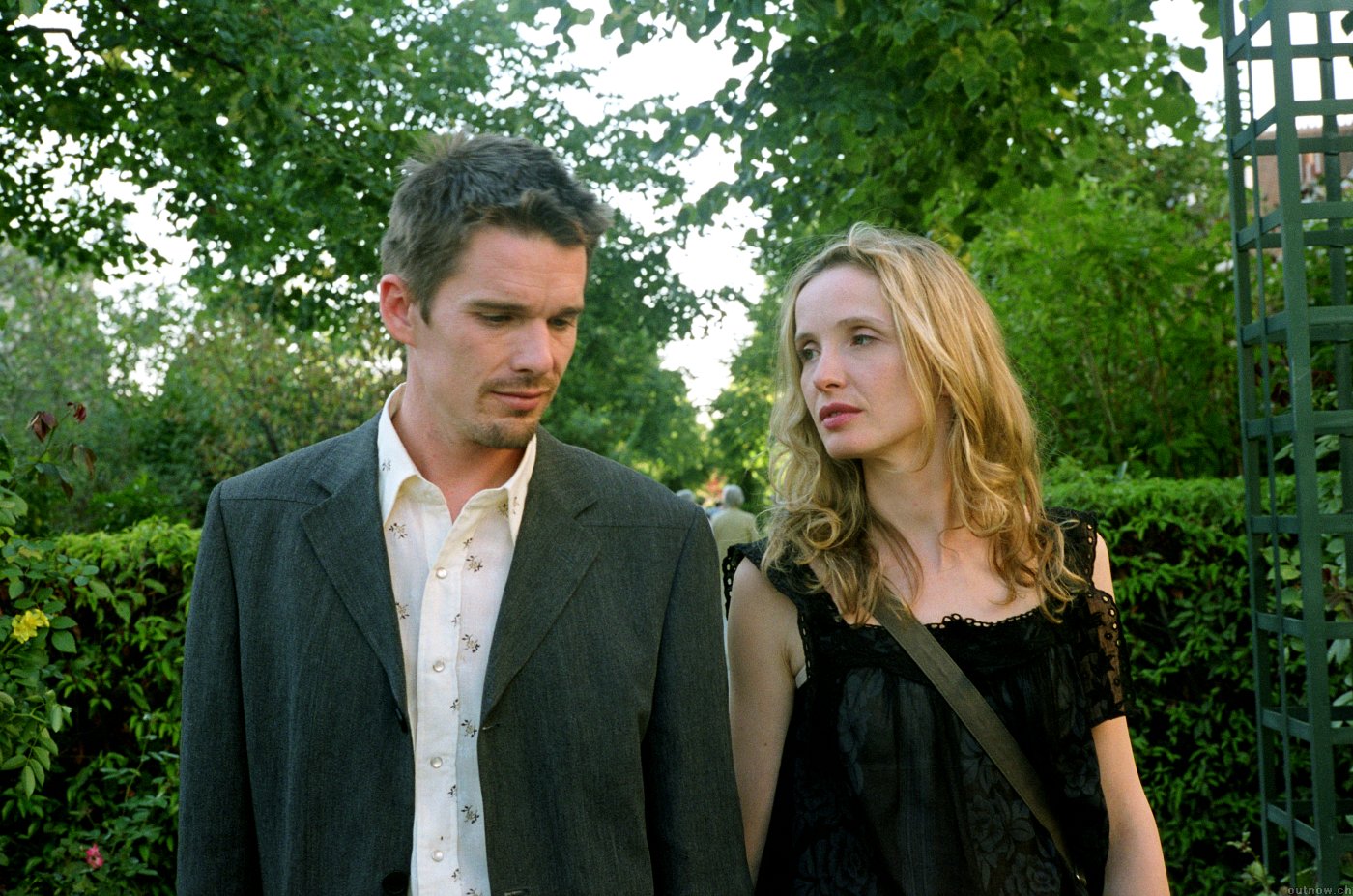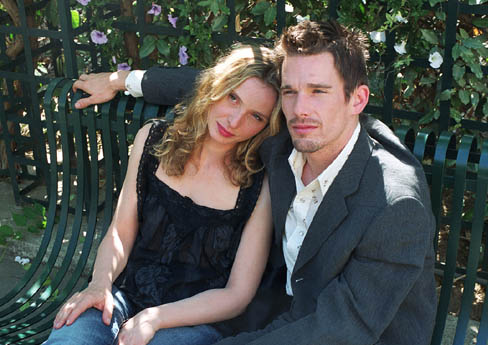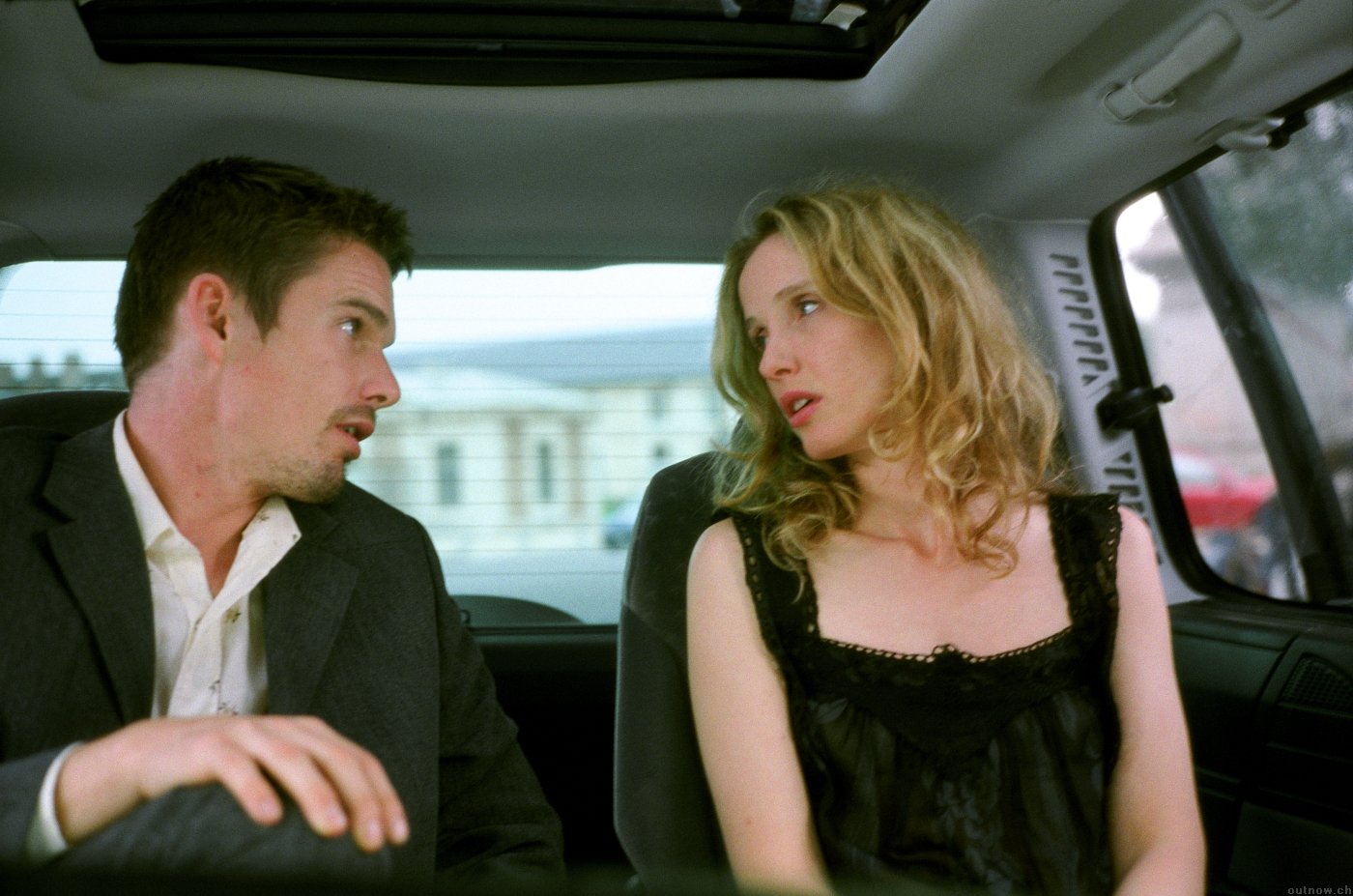ஜெயமோகனின் வெண்முரசுவில் இருந்து...
பொறாமையை வெல்லும் பொறைநிலையோ கலையின் முதிர்நிலையே ஆகும். அனசூயை வாழும் பிரஜாபதியின் துணைவியாக பல்லாயிரம் மண்ணகங்களை தன் மடியில் தவழும் குழந்தைகளைப்போல காத்துவந்தாள். அன்றொருநாள் பூமி மீது இந்திரன் சினம் கொண்டான். வானில் அவன் வில் தோன்றாமலாயிற்று. தன் வஜ்ராயுதத்தை வளைதடியாக்கி மேகக்கூட்டங்களை வெள்ளாடுகளைப்போல அவன் ஓட்டிச்சென்று மேற்குத்திசையின் இருண்ட மடிப்பு ஒன்றுக்குள் ஒளித்துவைத்தான். மழையின்மையால் பூமி வெந்து வறண்டது. தாவரங்கள் பட்டு கருகின. கங்கை மணல்வரியாக மாறியது.
வைதிகர் தேவர்களுக்கு அவியிட்டு மும்மூர்த்திகளையும் வணங்கி காக்கும்படி மன்றாடினர். நாகர்கள் தங்கள் முதுநாகத்தெய்வங்களுக்கு பலிகொடுத்து வெறியாட்டாடி வணங்கினர். மானுடர் தங்கள் தேவர்களை வணங்க ஊர்வனவும் பறப்பனவும் நடப்பனவும் நீந்துவனவும் தங்கள் தெய்வங்களை வணங்கி மன்றாடின. மும்மூர்த்தியரும் தேவர்களும் இந்திரனைத் தேடி அலைந்தனர். அவனோ விண்ணக இருளுக்குள் ஒளிந்திருந்தான்.
நெய்யகன்ற அகலென பூமி தன் ஒளியவிந்து அணையும் நாளில் மண்ணில் வாழ்ந்த எளிய புழு ஒன்று தான் புழுவென்றறிந்தமையால் பொறாமையை வென்றது. அது தாகத்தால் வாடி இறக்கும் கணத்தில் அனசூயையை வேண்டியது. அன்னையே நான் இறப்பினும் என்குலம் அழியாது காத்தருள்க என்றது.
அதன் கோரிக்கையை அன்னை ஏற்றாள். அவள் கருணை மண்மீது மழையாகப் பொழிந்தது. மண்ணில் அனைத்துத் தாவரங்களும் எழுந்து விரிந்து தழைத்து மலர்ந்து கனிந்து பொலிந்தன. தேவர்கள் கோர அன்னை கருணைகொண்டாள். அவள் தவத்தாணையால் விண்ணிலும் மண்ணிலும் பத்து வெளியக நாட்கள் இருள் நிறைந்தது. விண்ணகம் இருளானபோது ஒளிந்திருந்த இந்திரன் தன் வஜ்ராயுதத்துடன் வெளியே வந்தான். அவனை தேவர்கள் கண்டடைந்தனர். தேவர்களின் கோரிக்கைக்கு ஏற்ப இந்திரன் கனிந்து மழைமுகில்களை விடுவித்தான்.
அந்நாளில் கைலாயத்துக்குச் சென்ற நாரதர் முக்கண்முதல்வனை வணங்குவதற்கு முன்பு அனசூயையை எண்ணி வணங்கினார். அதற்குக் காரணம் என்ன என்று சிவன் கேட்டபோது மும்மூர்த்திகளும் தோற்ற இடத்தில் வென்றவள் அனசூயை அல்லவா, அவள் வல்லமையே முதன்மையானது என்றார் நாரதர். அவ்வண்ணமே சொல்லி மும்மூர்த்திகளையும் யோகத்திலிருந்தும் துயிலிலில் இருந்தும் மோனத்திலிருந்தும் எழச்செய்தார். அனசூயையின் வல்லமையை அறிவதற்காக மும்மூர்த்திகளும் அத்ரி முனிவரின் தவச்சாலைக்கு மூன்று வைதிகர்களாக வந்தனர். தங்களுக்கு தாங்கள் விரும்பியவண்ணமே உணவளிக்கவேண்டுமென்று கோரினர். அவ்வண்ணமே ஆகுக என்று சொன்ன அத்ரி பிரஜாபதி தன் துணைவியிடம் அவர்கள் கோரும்படி உணவளிக்க ஆணையிட்டார்.
வான்கங்கையாடி உணவுண்ண வந்தமர்ந்த மூன்றுவைதிகர்களும் அனசூயையிடம் தங்களுக்கு குலப்பெண் ஆடையின்றி வந்து அன்னமிடுவதே நெறி என்றனர். கணவனின் ஆணையையும் கற்பின் நெறியையும் ஒரேசமயம் அவள் எப்படி காத்துக்கொள்கிறாளென்று அறிய அவர்கள் விழைந்தனர். அனசூயை அவர்கள் மூவரையும் தன் புல்லை அமுதாக்கும் காமதேனுவின் கைநீட்டி நெஞ்சுடன் அணைத்துக்கொண்டாள். அவர்கள் கண்களில் பால்படலம் மறையாத கைக்குழந்தைகளாக மாறி அவள் மடியில் தவழ்ந்தனர். அவள் ஆடையின்றி வந்து மூவருக்கும் முலையமுதூட்டினாள்.
அவர்கள் அவள் மடியில் மதலைகளாக வாழ்ந்தனர். முதல்பொருளின்றிப் பிறந்த மூலவர்கள் அவள் வழியாகவே அன்னையின் பேரன்பை அறிந்து களித்தனர். முத்தொழிலை ஆற்றும்பொருட்டு அவர்கள் மீண்டும் தங்களுருக்கொண்டபோதிலும் அன்னையின் அன்பை முழுதறியும் பொருட்டு அவள் உதரத்திலேயே ஒரேகுழந்தையாகப் பிறந்தனர். அந்த மகவு தத்தாத்ரேயன் என்றழைக்கப்பட்டது.
மும்மூர்த்திகளையும் மூன்று முகங்களாகக்கொண்டு ஆறுகரங்களுடன் பிறந்த தத்தாத்ரேயர் இளமையிலேயே நான்கு அறங்களையும் துறந்தார். ஐம்புலன்களையும் வென்றார். களைவதொன்றுமில்லாத நெஞ்சுகொண்டிருந்தமையால் அவர் அறியவேண்டியதென்று ஏதுமிருக்கவில்லை. ஞானங்களின் கொடுமுடியான வேதங்களைக் கற்கும்பொருட்டு தன் தந்தையான பிரம்மதேவனைத் தேடிச்சென்றார் தத்தாத்ரேயர். அவரைக்கண்டதும் பிரம்மனின் கையில் வாடாததாமரைகளாக மலர்ந்திருந்த நான்கு வேதங்களும் தத்தாத்ரேயரின் உடலில் வீசிய அன்னையின் முலைப்பால் வாசனையை உணர்ந்து நான்கு நாய்களாக மாறி அவரைத் தொடர்ந்தன.
“மும்மூர்த்திகளையும் முலையூட்டி வளர்த்தவளை வாழ்த்துவோம். பிரம்மத்தை ஞானமாக பெற்றெடுத்தவளை வாழ்த்துவோம். பிறிதொன்றிலாத பார்வை கொண்ட அனசூயை அன்னையை வாழ்த்துவோம். ஆம், அவ்வாறே ஆகுக!”

/infSZu_large.png)















